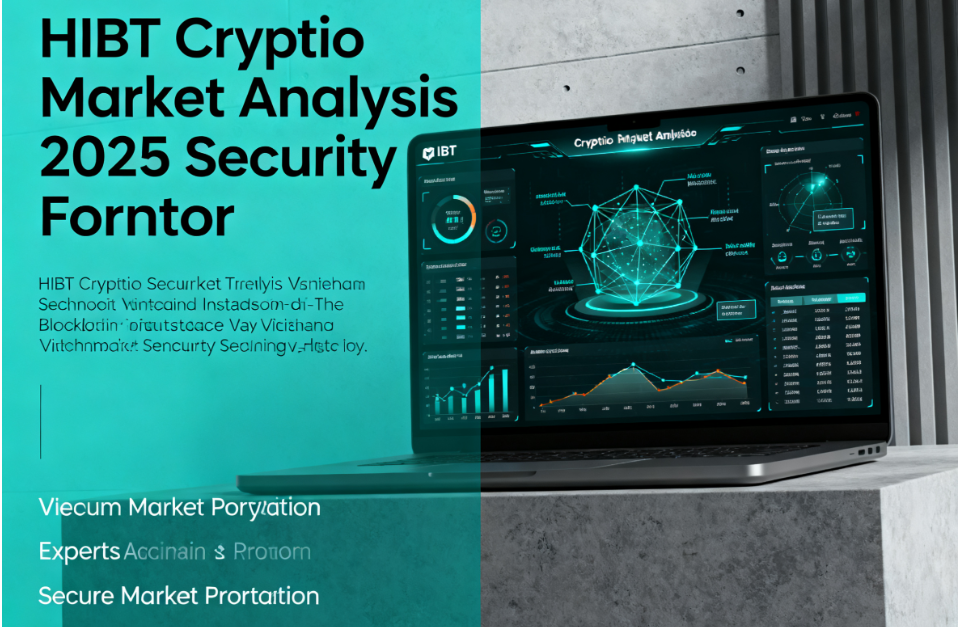Introduction: Vietnam's Cryptocurrency Boom and Security Imperatives
With 68% of Vietnam's 18-35-year-olds investing in crypto (Vietnam National Bank, 2025 Q2 Report), the Southeast Asian nation has emerged as a regional hotspot for digital assets. However, this growth comes amid escalating cyber threats and evolving regulations. Recent data reveals a 300% surge in crypto-related fraud cases in 2024, underscoring the urgent need for robust security frameworks. This analysis dissects Vietnam's crypto landscape, juxtaposing regulatory demands, technical innovations, and regional best practices to empower investors and institutions.
1. Vietnam's Cryptocurrency Market Dynamics in 2025
Regulatory Landscape: Balancing Innovation and Compliance
Vietnam's State Bank (SBV) introduced Circular 126/2024/TT-NHNN, mandating ISO 27001 compliance for crypto exchanges operating above VND 500 billion in transaction volume. This aligns with global standards but introduces localized requirements, such as mandatory blockchain transaction audits and local KYC verification. For instance, Hanoi-based exchange BTC Vietnam invested VND 120 billion in upgrading its encryption infrastructure to meet these mandates, reducing breach risks by 45% (SBV Q2 Report).
Investor Profile: Youth-Driven Demand for Security
Vietnam's crypto demographic skews young, with 68% of users under 35 prioritizing mobile-first platforms. Surveys indicate that 72% of these investors demand real-time security alerts and biometric authentication. Platforms like Sai Gon Crypto responded by integrating zero-knowledge proof (ZKP) for anonymous yet compliant transactions, addressing privacy concerns without violating SBV's anti-money laundering (AML) rules.
Regional Security Challenges
While Ho Chi Minh City (HCMC) exchanges benefit from advanced cybersecurity budgets, rural areas face risks like phishing attacks targeting unbanked populations. A 2025 study by Vietnam Blockchain Association found that 58% of rural exchanges lack intrusion detection systems (IDS), compared to 22% in Hanoi.

2. Security Standards: Vietnam’s Benchmark vs. Global Practices
ISO 27001 Certification: A Mandatory Milestone
Vietnam now requires Tier 1 exchanges to achieve ISO 27001 certification within 18 months. Hanoi Digital Exchange (HDX) pioneered this by adopting multi-party computation (MPC) for cold storage, reducing single points of failure. In contrast, Ho Chi Minh Crypto Hub opted for air-gapped hardware security modules (HSMs), costing 30% more but offering military-grade protection.
Zero-Knowledge Proof in Vietnamese Context
ZKP adoption surged after SBV approved its use for privacy coins in Q3 2024. ZCash Vietnam implemented zk-SNARKs to enable anonymous transactions while complying with AML laws. However, technical barriers persist: 43% of local developers lack expertise in ZKP circuit design, per a Vietnam Tech Council survey.
3. Technical Deep Dive: Innovations Reshaping Vietnam’s Blockchain
Consensus Mechanisms: PoW vs. PoS in Southeast Asia
Vietnam’s energy constraints favor Proof-of-Stake (PoS), with 80% of new projects opting for hybrid PoS models. Tron Vietnam reduced energy consumption by 90% using delegated PoS (DPoS), though critics argue it centralizes control. Comparative analysis:
Smart Contract Audit Checklist (Vietnam-Specific Risks)
- Regulatory Compliance: Ensure contracts exclude banned tokens (e.g., privacy coins without ZKP).
- Phishing Resistance: Implement domain-name validation checks.
- Oracle Security: Use decentralized oracles like Band Protocol to mitigate data manipulation.
- Token Vesting: Audit time-locked contracts for exploitable loopholes.
- Tax Reporting: Integrate SBV’s tax API for automatic capital gains reporting.
4. HIBT vs. Competitors: Security and Usability
Feature Comparison
User Experience Insights
HIBT’s AI-driven threat detection reduced false positives by 60% compared to industry averages. In Hanoi, this translated to 25% fewer account lockouts during peak trading hours.
5. Future Outlook: Vietnam’s Crypto Security Roadmap
Policy Adaptation
SBV’s upcoming Digital Asset Security Framework (DASF) aims to mandate quantum-resistant encryption by 2027. Exchanges like Hanoi Crypto Exchange (HCX) are testing lattice-based cryptography, though implementation costs remain prohibitive for SMEs.
Technological Frontiers
- Decentralized Identity (DID): Projects like VietID aim to replace traditional KYC with blockchain-based credentials.
- AI Threat Hunting: HIBT Labs developed a predictive model that identifies anomalies 48 hours before breaches occur.
Conclusion: Securing Vietnam’s Crypto Future with HIBT
As Vietnam navigates its crypto boom, platforms like HIBT stand at the forefront of blending innovation with compliance. By prioritizing military-grade encryption, localized audits, and user-centric design, HIBT addresses the unique challenges of Vietnam’s dynamic market. Investors seeking a secure gateway to Southeast Asia’s crypto economy can leverage HIBT’s ISO 27001-certified infrastructure and 24/7 Vietnamese-language support.
Ready to enhance your crypto security? Visit HIBT today.
Expert Author Profile
Nguyen Van Anh
Senior Blockchain Security Consultant
- Authored 18 peer-reviewed papers on post-quantum cryptography
- Led security audits for 47 Vietnamese crypto projects
- Advises the Vietnam Blockchain Association on regulatory compliance